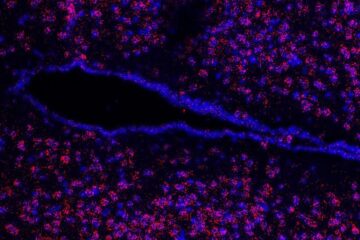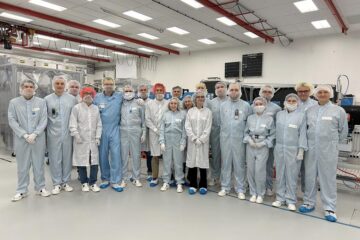Alcohol consumption may increase pancreatic cancer risk

“Our findings support multiple nutrition recommendations that men should limit intake to no more than two alcoholic beverages per day and women should limit intake to no more than one,” said lead author Jeanine M. Genkinger, Ph.D., an assistant professor at the Lombardi Comprehensive Cancer Center. A drink is defined as 12 ounces of beer, four ounces of wine, or 1.5 ounces of 80-proof distilled liquor.
Genkinger and colleagues conducted a pooled analysis of the primary data from 14 research studies, for a population that included 862,664 individuals. Researchers identified 2,187 individuals diagnosed with pancreatic cancer during the study.
“This is one of the largest studies ever to look at dietary factors in relation to pancreatic cancer risk,” said Genkinger.
If individuals consumed 30 or more grams of alcohol per day, compared with no alcohol per day, their risk of pancreatic cancer increased by 22 percent.
No difference was observed by type of alcohol, according to Genkinger.
Media Contact
More Information:
http://www.aacr.orgAll latest news from the category: Health and Medicine
This subject area encompasses research and studies in the field of human medicine.
Among the wide-ranging list of topics covered here are anesthesiology, anatomy, surgery, human genetics, hygiene and environmental medicine, internal medicine, neurology, pharmacology, physiology, urology and dental medicine.
Newest articles

Cost-effective, high-capacity, and cyclable lithium-ion battery cathodes
Charge-recharge cycling of lithium-superrich iron oxide, a cost-effective and high-capacity cathode for new-generation lithium-ion batteries, can be greatly improved by doping with readily available mineral elements. The energy capacity and…

New regulator of eating behaviour identified
The rapidly escalating prevalence of overweight and obesity poses a significant medical challenge worldwide. In addition to people’s changing lifestyles, genetic factors also play a key role in the development…

Harnessing Machine Learning for Breakthroughs with High-Power Lasers
A team of international scientists from Lawrence Livermore National Laboratory (LLNL), Fraunhofer Institute for Laser Technology ILT, and the Extreme Light Infrastructure (ELI) collaborated on an experiment to optimise high-intensity…





















